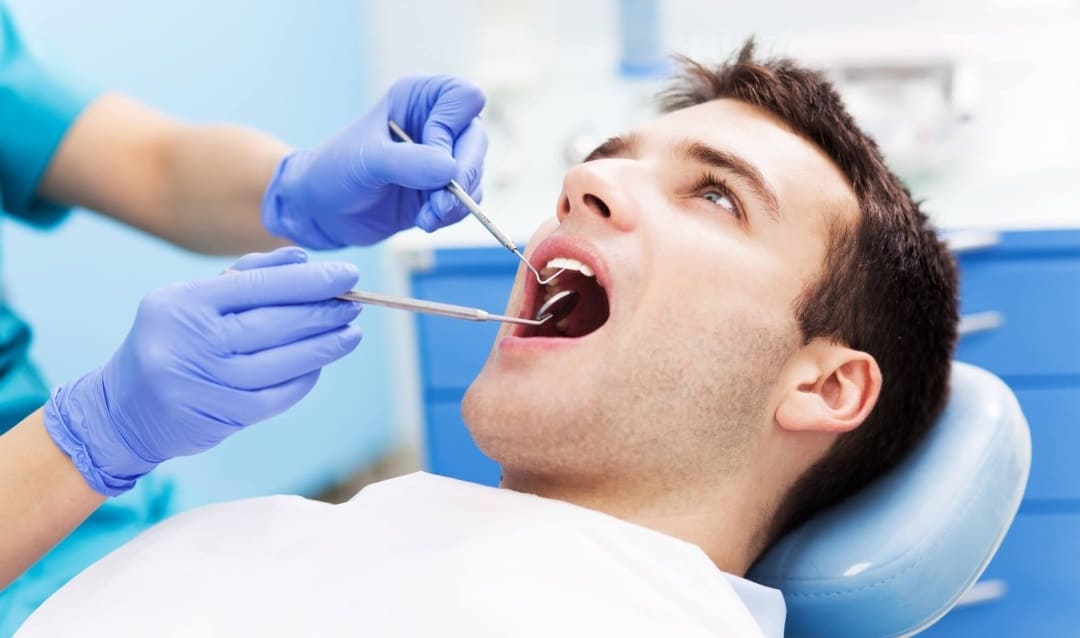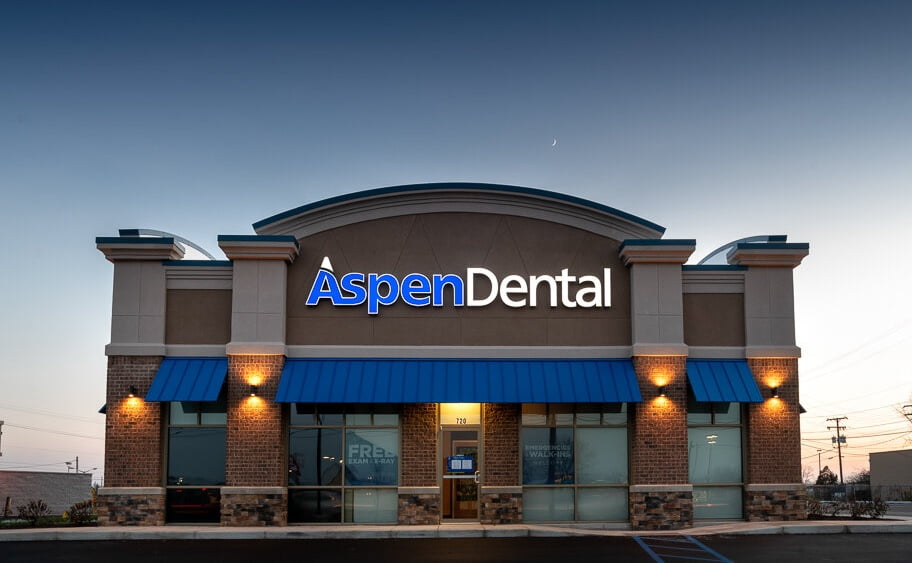Dental Grants in Wisconsin 2024

Wisconsin residents who need financial assistance for dental care may qualify for grants from government agencies, nonprofits, and other organizations. These dental grants help cover costs like checkups, cleanings, fillings, extractions, dentures, braces, and more. With proper dental care being vital yet expensive, grants provide a lifeline for underserved groups.
This guide covers available grants, eligibility rules, and how to apply. We also answer common questions about these programs. Read on to see if you or a loved one could benefit from Wisconsin dental grants in 2024.
Types of Dental Grants in Wisconsin
Several programs offer dental grants across Wisconsin. The main types of dental grants in the state are:
- Medicaid
Medicaid provides free or low-cost health and dental coverage for low-income residents. In Wisconsin, the program is run through state Medicaid and BadgerCare Plus. These jointly cover kids, pregnant women, parents/caretakers, seniors, and people with disabilities.
Medicaid in Wisconsin covers dental services like exams, x-rays, cleanings, fillings, tooth extractions, dentures, braces in some cases, and more. This makes it the most comprehensive source of dental grants in the state.
- Charitable Dental Grants
Nonprofit groups like Dental Lifeline Network and Mission of Mercy offer charitable dental grants in Wisconsin. These are given out as in-kind dental services rather than cash. Patients get free or discounted treatment through volunteer dentists coordinated by these charities.
Services provided this way include exams, x-rays, cleanings, fillings, extractions, dentures, oral surgery, and more. The focus is on pain relief, infection treatment, and restoring eating/speaking abilities.
- Private Dental Grants
Some dentists and dental clinics in Wisconsin offer their grant programs. These are often funded by the office itself or local community foundations. They give free or low-cost dental care to uninsured or underserved groups like veterans, the elderly, domestic violence victims, and more.
Specific treatments depend on the office but often cover exams, x-rays, cleanings, fillings, extractions, dentures, and basic oral surgery.
- Dental School Programs
The Marquette University School of Dentistry and other dental schools have clinics where students gain experience under faculty supervision. These clinics provide dental care to low-income patients at reduced rates.
The procedures offered will depend on the student’s skill level. But basic services like cleanings, x-rays, fillings, and simple extractions are commonly available.
Dental Grant Eligibility in Wisconsin
Eligibility terms for dental grants vary between different programs. But some common criteria include:
- Income – Most Wisconsin dental grants have income limits, based on the Federal Poverty Level. You’ll need to be under a certain percentage.
- Age – Some grants only cover certain age groups like children, students, seniors, or veterans.
- Disability – People with disabilities may qualify for additional dental benefits.
- Insurance – Being uninsured or underinsured is required for most dental grant programs.
- Residency – You must live in Wisconsin to get dental grants from state-specific programs.
- Citizenship – US citizenship or legal residency is required for government dental grants.
- Other Criteria – Some grants are for specific groups like victims of abuse, tribal members, etc.
Reaching out to individual programs will provide their specific eligibility terms. Having a demonstrated financial need is usually key.
How to Find and Apply for Dental Grants in Wisconsin
Here are some tips if you’re looking for dental grants in Wisconsin:
- See if you qualify for Medicaid – This provides the most comprehensive dental benefits. Apply through your local Medicaid office or online.
- Look for charitable dental programs – Use online directories like DentalLifeline.org and AssociationofDentalSupportOrganizations.org to find ones near you.
- Contact local dentists – Call around dental offices in your area and ask if they offer any grant programs or discounts.
- Search database listings – Check websites like NeedyMeds.org and CDHP.org to find additional dental grants and assistance programs.
- Call 2-1-1 helplines – These community helplines maintain databases of local health programs and assistance.
- Apply directly to any leads – Once you find a potential grant program, call or visit online to learn the requirements and start the application.
- Ask for referrals – Talk to your dentist, doctor, community health center, or social services agency about other possible grant sources.
Applying early and having documentation ready can help speed up the process. Budget some time for researching grants, gathering paperwork, appointments for applications/screenings, and waiting for decisions.
10 Dental Grants in Wisconsin
Here are 10 government, charitable, and other dental grant programs around Wisconsin to consider:
- Wisconsin Medicaid and BadgerCare Plus– Jointly cover dental care for low-income residents. Administered by the Wisconsin Department of Health Services.
- Health Center Dental Grants– Federally funded for 250+ community health centers providing free or discounted dental care.
- Dental Lifeline Network– Provides in-kind dental care from volunteer dentists across Wisconsin. Must be disabled, elderly, or medically fragile to qualify.
- Donated Dental Services– Pairs dentists with elderly, disabled, or medically compromised patients in need of care.
- Mission of Mercy Free Dental Clinics– Hosts pop-up dental clinics around Wisconsin offering free extractions, fillings, and more for uninsured/underinsured patients.
- Marquette University School of Dentistry Clinic– Dental students offer care under faculty supervision at reduced rates.
- Dental Trade Alliance Foundation– Provides grants towards specialty dental care like implants, crowns, and orthodontics for those who qualify.
- Dental Assistance for Veterans– Helps veterans get dental care through VA clinics, volunteer dentists, and other partners.
- Tribal Dental Grants– Some Native American tribes offer limited dental grants for members and their families.
- UnitedHealthcare Children’s Foundation– Provides dental grants for children 16 and under from low-income families without other coverage options.
This covers some top dental grant sources, though many more local programs may also be available in your area.
Frequently Asked Questions (FAQ)
Here are answers to some commonly asked questions about dental grants in Wisconsin.
Q: Who qualifies for dental grants in Wisconsin?
A: Most programs have income limits based on the Federal Poverty Level. You may qualify if you: are uninsured/underinsured, low-income, elderly, disabled, a child, or fit other eligibility terms.
Q: What dental treatments do these grants cover?
A: It varies, but most cover basic services like exams, x-rays, cleanings, fillings, extractions, dentures, and sometimes root canals, crowns, braces, etc. Cosmetic and advanced treatments are less commonly included.
Q: Where can I find dental grants near me in Wisconsin?
A: Search online databases, call 2-1-1 helplines, ask local dentists and clinics, contact programs like Dental Lifeline Network and Mission of Mercy, and check with Medicaid.
Q: Are the grants for adults, seniors, or children?
A: Many are open to all ages, but some focus on certain groups like children, veterans, seniors/elderly, students, or people with disabilities. Check each program’s eligibility.
Q: How much funding do the grants provide?
A: Dollar amounts vary, but most provide free or heavily discounted dental services. Some charitable programs cover 100% of treatment costs.
Q: Do I need health insurance to qualify for dental grants?
A: Most dental grants require you to be uninsured or underinsured. Having Medicaid, Medicare, or private health insurance may disqualify you.
Q: How do I apply for dental grants in Wisconsin?
A: You’ll need to apply directly to each program and provide requested documents like ID, income proof, residence, medical history, etc. Application steps depend on the specific grant.
Q: Are the application processes competitive?
A: Some have limited funds where applicants are ranked, while others provide grants to all who qualify. Applying early improves your chances in competitive programs.
Conclusion
Accessing dental care is difficult for many low-income families, seniors, uninsured individuals, and other underserved groups. Dental grants help tear down cost barriers by providing direct funding for treatments.
In Wisconsin, Medicaid, nonprofit groups, private dentists, universities, and more offer grants benefiting residents statewide. By seeing what’s available and taking the time to apply, you may join the many who’ve received vital dental care with help from these programs.
Remember to search broadly, meet eligibility terms, have the paperwork ready, and follow up diligently during the application process. Don’t miss out on the gift of good oral health and improved well-being. See what dental grants you or someone you know might secure in Wisconsin today.



